Neurosurgery (Brain Surgery)
Neurosurgery In Turkey
Neurosurgery Is A Procedure That Requires Precision And Exceptional Care. At Tedavi Center In Turkey, We Have Ensured To Collaborate With The Most Experienced Neurosurgeons, Along With Equipping Our Operating Rooms With The Latest Medical Equipment And Devices. We Have Also Assembled A Team Of The Best Nurses In The Medical Field.


Why is brain surgery performed?
Neurological Surgery Is Performed To Treat Health Issues In This Area That May Occur Due To Congenital Abnormalities, Certain Diseases, Or Injuries.
Upon Completing The Surgery, The Bone Flap Is Typically Secured In Place Using Plates, Sutures, Or Wires. The Hole May Be Left Open If There Are Tumors, Infections, Or Swelling In The Brain. When Left Open, The Procedure Is Known As A Craniectomy.
Risks Of Brain Surgery
All Surgeries Carry Some Risks. Brain Surgery Is A Major Medical Event And Carries Additional Risks.
Potential Risks Associated With Brain Surgery Include:
- Allergic Reaction To Anesthesia
- Brain Bleeding
- Blood Clot
- Brain Swelling
- Coma
- Weakness In Speech, Vision, Coordination, Or Balance
- Infection In The Brain Or At The Surgical Site
- Ticketing Issues
- Seizures
- Stroke
Preparing For Brain Surgery
The Specialist Doctor Overseeing The Patient's Treatment Will Provide All Instructions Regarding How To Prepare For The Surgery.
It Is Essential For The Patient To Inform The Treating Doctor About Any Medications They Are Taking, Including Supplements And Over-The-Counter Drugs. The Patient May Need To Stop Taking These Medications In The Days Leading Up To The Surgery. The Patient Should Also Inform The Treating Doctor About Any Previous Surgeries, Any Allergies To Specific Materials Or Medications, Or If The Patient Smokes Or Drinks Alcohol. The Patient May Be Given Special Soap To Wash Their Hair Before The Surgery.
Post-Operative Care After Brain Surgery
Immediately After The Surgery, The Patient Will Be Closely Monitored To Ensure Everything Is Functioning Properly. The Patient Will Be Positioned In An Elevated Position To Prevent Swelling In The Face And Brain.
Recovery From Brain Surgery Depends On The Type Of Procedure Performed, And The Typical Hospital Stay For Brain Surgery Can Last Up To A Week Or Longer. The Length Of The Patient’s Hospital Stay Will Depend On How Well The Body Responds To The Surgery, And The Patient Will Be Given Painkillers During This Time.
Before The Patient Leaves The Hospital, The Treating Doctor Will Explain The Steps To Follow After The Surgery. This Will Include How To Care For The Surgical Incision If Present.
Types of Neurosurgery

Neurosurgery For Vascular Disorders
Neurosurgery For Vascular Disorders Involves Treating Vascular Abnormalities In The Brain And Spinal Cord. Examples Of This Include Cerebral Aneurysms, Arteriovenous Malformations, And Spinal Arteriovenous Fistulas.
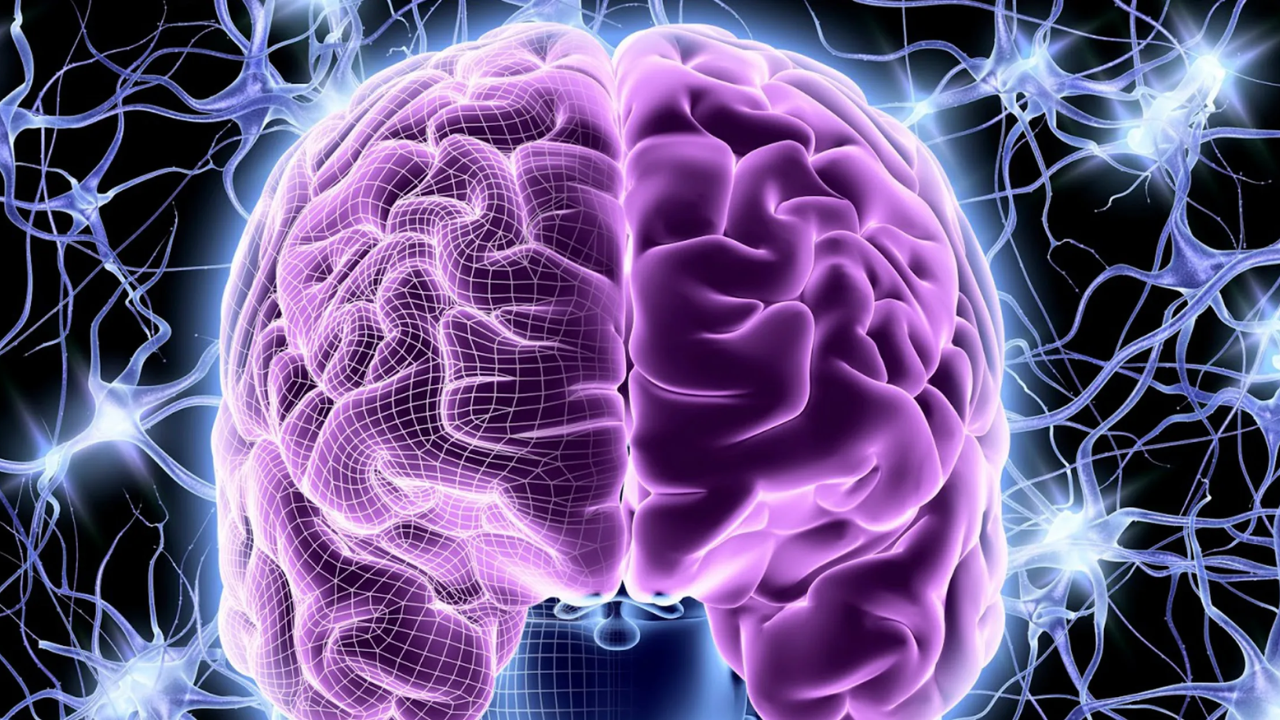
Functional Neurosurgery
Functional Neurosurgery Treats Chronic Neurological Disorders That Impair A Person's Function And Motor Abilities. It Includes Conditions Such As Parkinson's Disease, Tremor Disorder, Dystonia (A Condition Where Muscles Are Continuously Contracted), And Epilepsy.
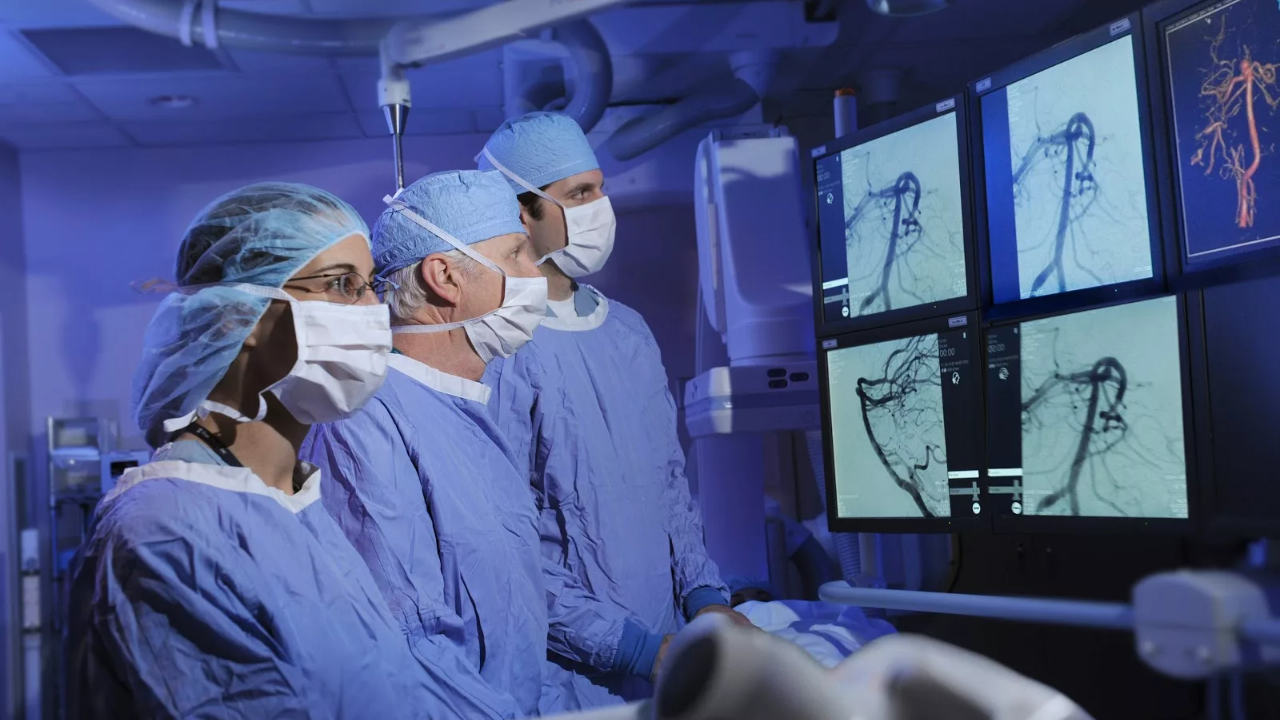
Neurosurgery Of The Skull Base
Neurosurgery Of The Skull Base Is Performed To Remove Both Cancerous And Non-Cancerous Tumors, As Well As Deformities Found In The Lower Side Of The Brain, Or The Skull Base, Or The Few Upper Vertebrae Of The Spine.
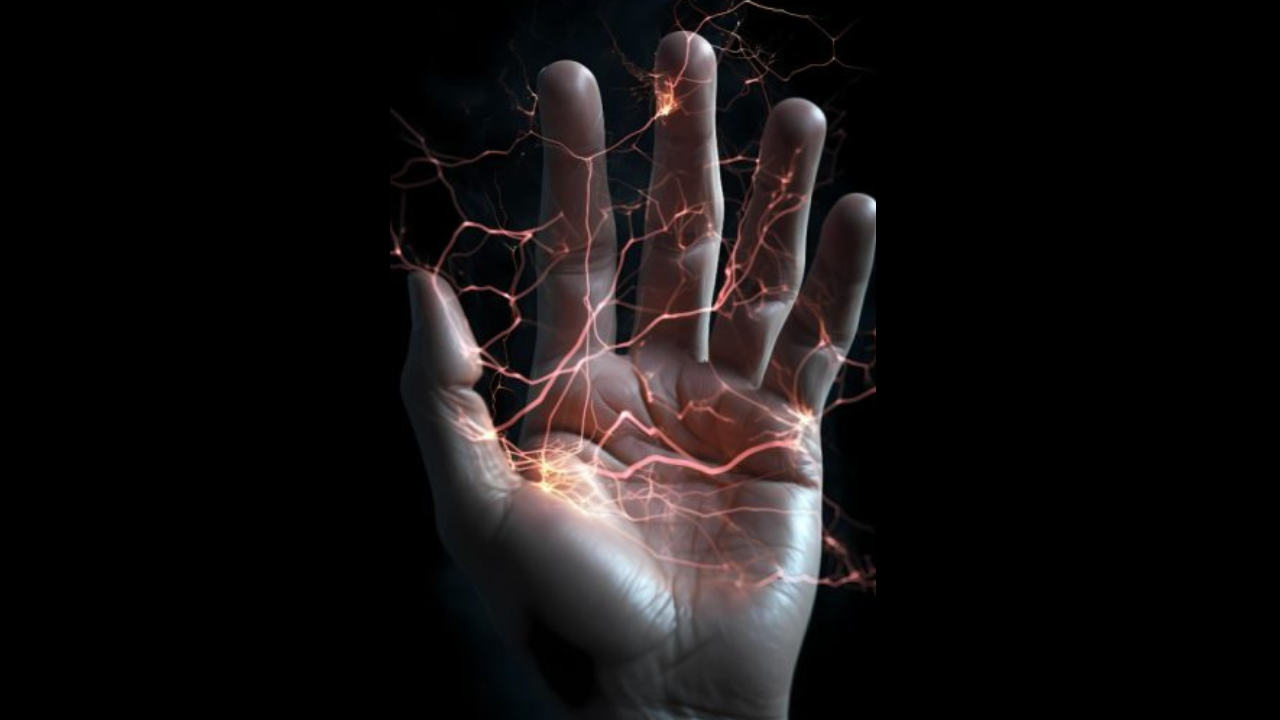
Neurosurgery Of The Peripheral Nerves
Neurosurgery Of The Peripheral Nerves Is Used To Improve Nerve Function And Reduce Pain And Disability In People Suffering From Peripheral Nerve Disorders, Such As Acute Nerve Injuries, Entrapment Neuropathy, And Nerve Sheath Tumors.
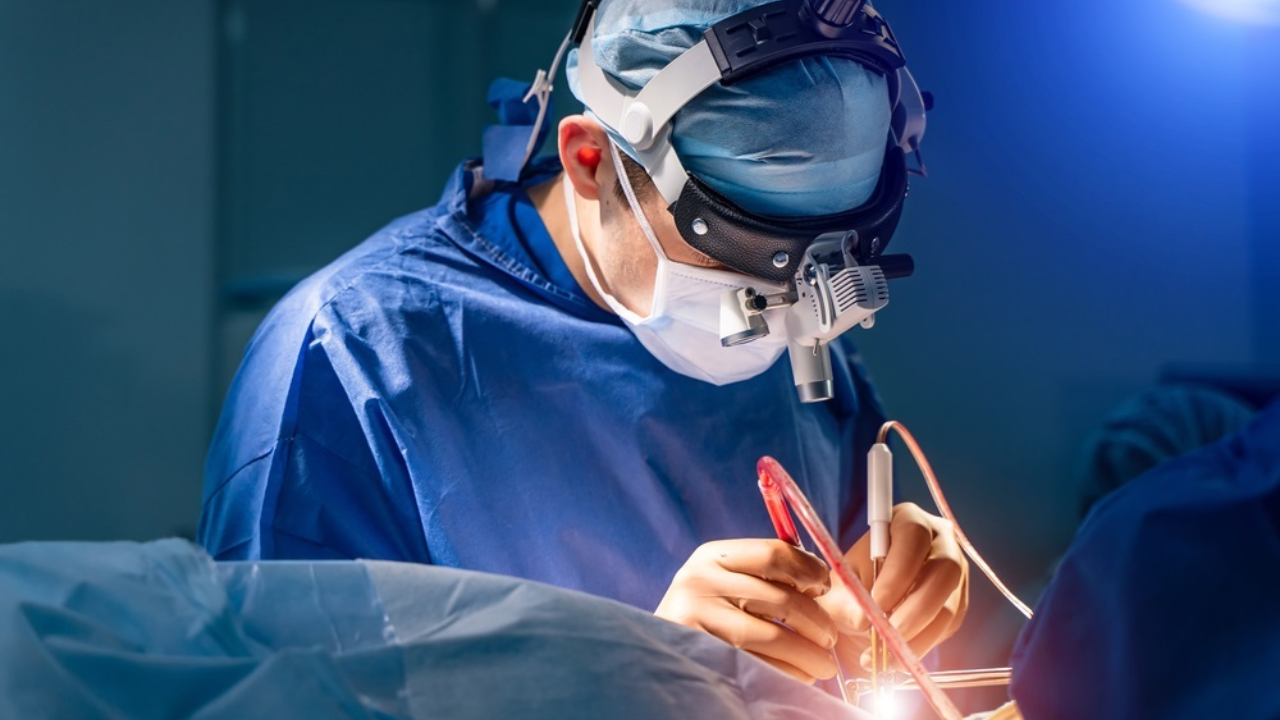
Neurosurgery Of Tumors
Neurosurgery Of Tumors Is The Treatment For Patients Suffering From Benign And Malignant Tumors In The Brain, Skull, Skull Base, Spine, Spinal Cord, And Peripheral Nerves.
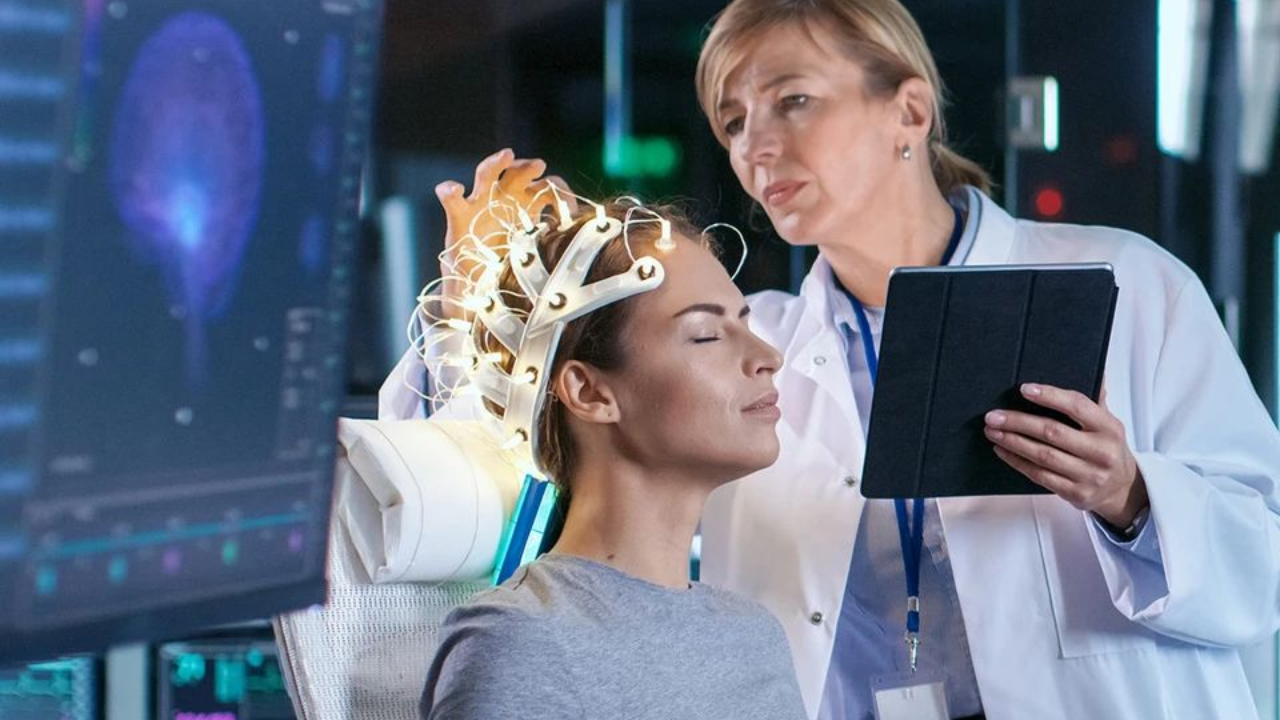
Neurotherapy With Interventional Radiology
Neurotherapy With Interventional Radiology Is A Minimally Invasive Treatment For Nerve Problems, Neck.

Pediatric Neurosurgery
Pediatric Neurosurgery Treats Nervous System Problems And Deformities Of The Head And Spine In Children, Including Head Deformities, Spine Deformities, Brain Or Spinal Cord Injuries, And Birth Injuries.
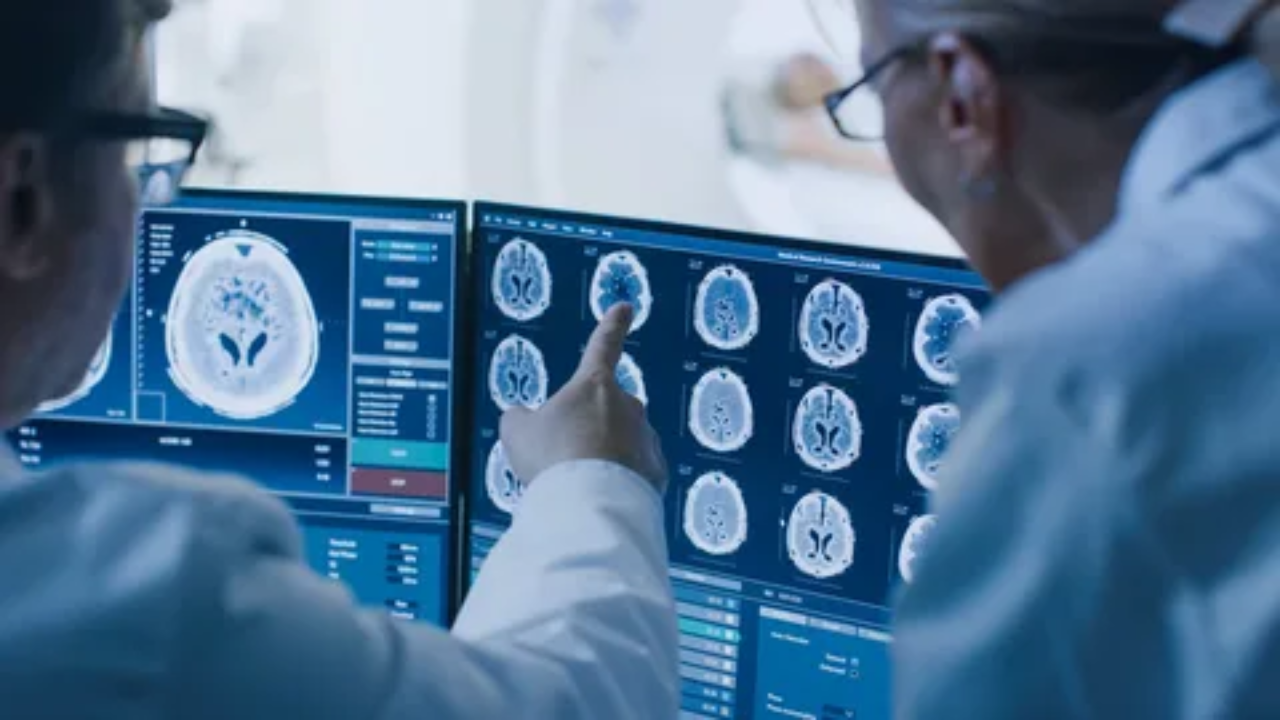
Neurocritical Care
Neurocritical Care Is A Specialized Room Equipped With The Latest Medical Technologies, Falling Under The Neurology Department. It Is Used To Treat Patients With Critical And Sensitive Conditions Under The Supervision Of Specialists And Experts, Meeting Strict Standards That Suit The Severity Of Each Patient's Health Condition.
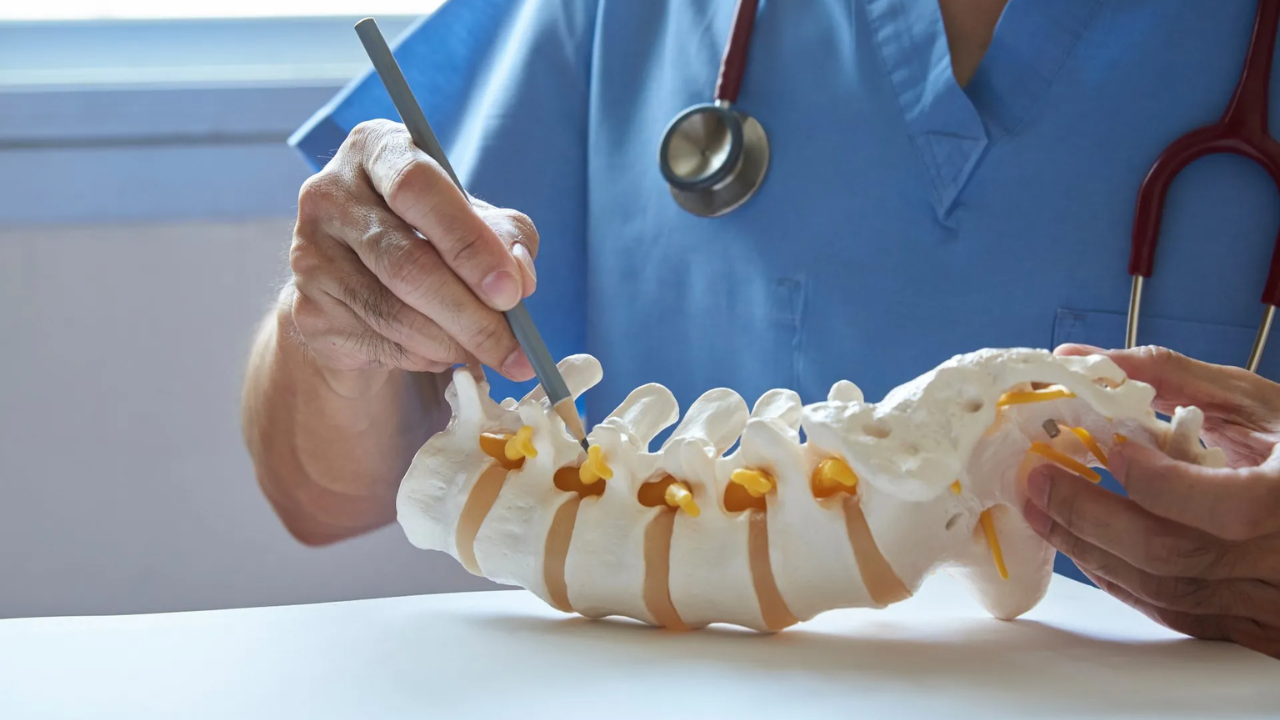
Spinal And Spinal Cord Surgery
Spinal And Spinal Cord Surgery Is Used To Treat Issues Such As Back Pain, Spinal Stenosis, Herniated Discs, Spinal Fractures, Tumors, Congenital Deformities, Scoliosis, And Degenerative Diseases.
Why Choose Tedavi For Neurosurgery?
Because At Tedavi, We Combine Medical Expertise With Advanced Technology To Ensure That Our Neurosurgery Is Safe And Of The Highest Quality Standards. We Rely On A Wide Network Of Exceptional Doctors And Surgeons In Turkey To Guarantee Effective Treatment That Meets Your Expectations.
Contact Us For An Initial Assessment Of Your Condition, To Determine The Specialized Doctor, And To Provide You With All The Information You Need.
Frequently Asked Questions
Neurosurgery Can Help If You Are Suffering From Any Of The Following Conditions In Or Around The Brain:
- Abnormal Blood Vessels
- Aneurysms
- Bleeding
- Blood Clots
- Damage To The Protective Tissue Called "Dura Mater"
- Epilepsy
- Abscesses
- Nerve Damage Or Irritation
- Nerves
- Parkinson's Disease
- Pressure After Head Injury
- Skull Fracture
- Stroke
- Brain Tumors
- Fluid Accumulation In The Brain
Recovery From Neurosurgery Depends On The Type Of Procedure Performed, And The Typical Hospital Stay For Brain Surgery Can Last Up To A Week Or More. The Duration Of Your Hospital Stay Will Depend On How Your Body Responds To The Surgery, And You Will Be Given Painkillers During This Time.
Yes, In Some Cases, Specialized Medications, Physical Therapy, And Nerve Stimulation Techniques Can Aid In Recovery. The Specialist Doctor Remains The Most Qualified To Assess The Extent Of The Damage And Determine The Appropriate Treatment Method.
Spinal Surgery Focuses On Spinal Cord Injuries, Spinal Cord Tumors, Or Herniated Discs.
Brain Surgery Focuses On Injuries That Occur In The Brain, Such As Brain Blood Vessel Blockages, Brain Bleeding, Or Brain Tumors.
Tedavi Ensures To Partner With The Most Skilled Doctors In Turkey To Guarantee That Our Neurosurgery Is Safe And Of The Highest Quality Standards.
Certainly, Your Doctor Will Provide Complete Instructions On How To Prepare For The Surgery. You Should Make Sure To Inform Your Doctor About All The Medications You Are Taking, Including Supplements And Over-The-Counter Drugs. You Should Also Inform Your Doctor About Any Previous Surgeries, Any Allergies To Specific Materials Or Medications, And Whether You Smoke Or Drink Alcohol. You May Be Given A Special Soap To Wash Your Hair Before The Surgery.
Potential Risks Associated With Brain Surgery Include:
- Allergic Reaction To Anesthesia
- Brain Bleeding
- Blood Clot
- Brain Swelling
- Coma
- Weakness In Speech, Vision, Coordination, Or Balance
- Infection In The Brain Or At The Surgical Site
- Memory Problems
- Seizures
- Stroke
All Neurosurgeries Are Challenging And Complex, But Surgeries Related To The Brain Are Often The Most Sensitive And Require Greater Precision.
Certainly, Neurosurgery Is Considered A High-Risk Surgical Procedure, But Advances In Medical Science And The Skill Of Surgeons Have Made The Procedure Safer Than Before.
The Success Rate Depends On The Skill Of The Surgeon And The Location Of The Procedure. At Tedavi, We Are Committed To Partnering With The Most Skilled Doctors In Turkey To Ensure That Our Neurosurgery Is Safe, Of The Highest Quality Standards, And Achieves The Best Possible Success Rates.
Feel Free To Contact Us And Get More Information About Brain And Neurosurgery In Turkey At Tedavi.
Get A Free Consultation
Get A Free Consultation
You Can Now Get A Free Consultation And Learn All The Details That Matter To You About Your Health Condition.
